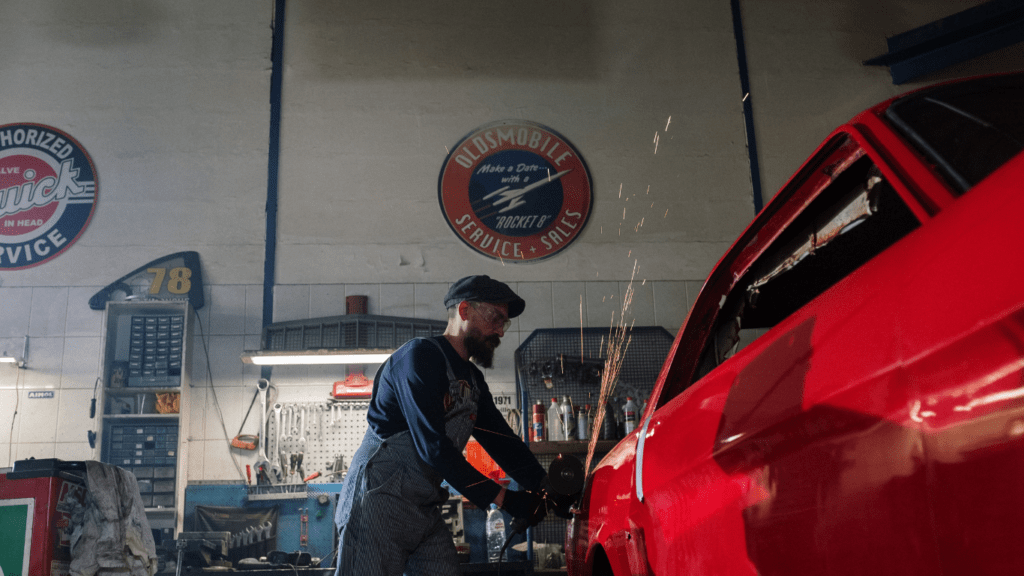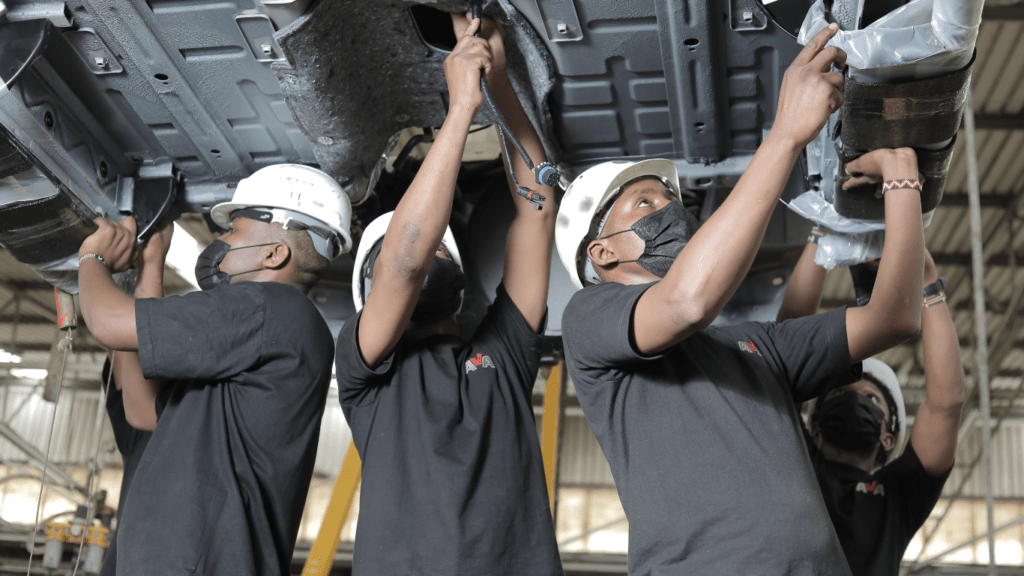Understanding Vehicle Maintenance
Recognizing when to seek a professional mechanic avoids costly repairs down the line. Regular vehicle maintenance ensures safety and longevity.
DIY vs. Professional Help
Certain maintenance tasks seem straightforward but require expertise. I always change my own oil to save on labor costs. However, engine diagnostics and brake repairs need a professional’s touch.
Trying to fix these without proper tools and knowledge often worsens the situation.
Common Vehicle Maintenance Needs
Staying on top of common maintenance tasks is crucial. Regular oil changes, tire rotations, and brake inspections extend my vehicle’s life. Checking fluid levels, such as coolant and transmission fluid, prevents overheating and gearbox issues.
Routine battery checks ensure my car starts reliably.
Top Signs You Need a Professional Mechanic

Recognizing signs that your car needs professional attention can prevent costly repairs and enhance vehicle safety.
Unusual Noises From the Engine
- Strange noises from the engine indicate serious issues.
- Clicking, knocking, or grinding sounds often signal problems with internal components
- A mechanic diagnoses the exact cause using specialized tools.
For instance, a knocking sound might point to a worn-out bearing, while grinding could suggest transmission issues.
Warning Lights on Dashboard
Dashboard warning lights shouldn’t be ignored. These lights, whether indicating engine trouble or faulty brakes, serve as early warnings of potential failures. A professional uses diagnostic equipment to pinpoint the underlying problem.
If the check engine light is on, it could mean various issues ranging from exhaust problems to sensor malfunctions.
Poor Vehicle Performance
Noticeable drops in vehicle performance require expert analysis. If your car’s acceleration decreases or fuel efficiency drops, underlying mechanical issues might be present.
Mechanics perform thorough inspections and tests to identify and resolve these performance-related issues. Poor acceleration often points to fuel system problems, while reduced efficiency might indicate a need for an engine tune-up.
Frequent Breakdowns
Repeated breakdowns suggest systemic problems. If your vehicle frequently fails to start or stalls unexpectedly, professional diagnostics are necessary. Addressing recurring issues promptly prevents more severe damage and ensures reliable performance.
Frequent issues starting might point to battery problems, while unexpected stalling could mean fuel system or electrical issues.
By identifying and addressing these signs promptly, you ensure your vehicle remains in optimal condition, maintaining safety and performance.
When to Hire a Professional Mechanic
Certain signs indicate it’s time to contact a professional mechanic to avoid further vehicle damage and ensure safety.
The Importance of Timely Repairs
Ignoring early signs of car trouble can result in expensive repairs. Addressing them quickly minimizes repair costs. For example, dealing with brake issues promptly can prevent rotor damage, which is far costlier to fix.
Additionally, timely repairs ensure safety. A mechanic can identify potential safety hazards during a routine check, like worn-out brake pads or tire issues, reducing accident risks.
How to Choose the Right Mechanic
Selecting the right mechanic ensures quality service.
- Look for certified professionals.
- Mechanics with ASE (Automotive Service Excellence) certification, for instance, have proven expertise.
- Check reviews. Platforms like Google and Yelp provide honest customer feedback.
- Ask for referrals from friends and family who trust their mechanics. Consider location and convenience.
- A nearby mechanic saves time and hassle, especially if regular visits are needed for maintenance.
- Lastly, compare prices. Obtain quotes from multiple mechanics to find fair pricing for the services required without compromising quality.
Maintaining Your Vehicle Post-Repair
Proper maintenance after a repair ensures your vehicle remains in top condition and extends its lifespan. Follow these practices to keep your car running smoothly.
Regular Check-Ups and Maintenance
Schedule periodic check-ups. Regular inspections help detect issues early. For example, tire rotations every 5,000 to 8,000 miles can prevent uneven wear. Regular oil changes maintain engine health. Consult your owner’s manual for specific intervals.
Importance of Following Mechanic’s Advice
Adhere to recommendations. If a professional advises replacing a part, it’s likely essential. Neglecting advice can lead to further damage. For instance, ignoring a mechanic’s suggestion to replace brake pads can result in rotor damage.
Following expert guidance preserves vehicle performance and safety.

